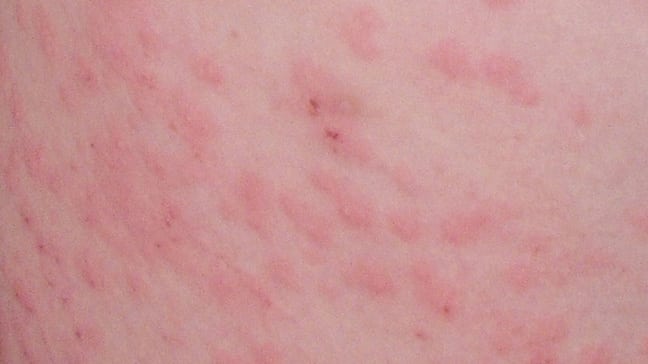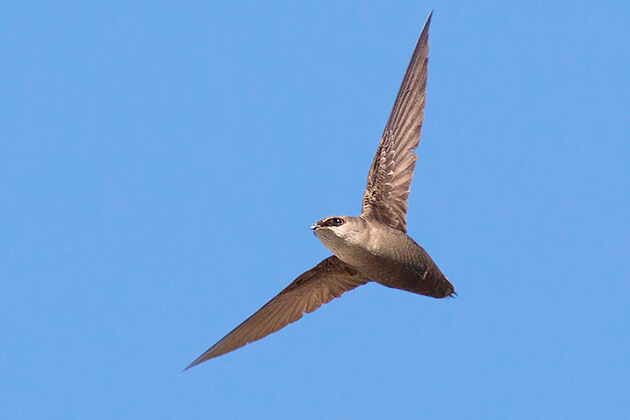Those who have a chimney know there are risks of animals coming into the chimney flue. There are quite a few animals that will make homes out of your chimney when it is not in use. These animals include birds, raccoons, squirrels, and bats. Out of all these animals, birds are the most common.
Well, the most common bird to inhabit your chimney is the chimney swift. A smaller bird that is similar in size to a blue jay or ‘Woodstock’ from the Peanuts cartoon. Quite cute little birds to admire and learn about, but not fun to have in your chimney. They can cause many issues for your chimney, your family, and yourself. Best to have these removed properly.
The health of your family and yourself should be the top priority. Regardless of what it is, the safety and health of your living situation can influence so much. One of the most common infections caused by birds is histoplasmosis. What is histoplasmosis? It is a type of lung infection that is caused by inhaling Histoplasma capsulatum fungal spores. These spores can be found in the soil and droppings from birds and bats. Though most cases do not require treatment, there are some who have suffered from weaker immune systems. Below are common symptoms according to HealthLine:
Common Symptoms:

- Fever
- Dry Cough
- Chest Pain
- Joint Pain
- Red bumps/lesions on lower legs
Sever Cases Symptoms:
- excessive sweating
- shortness of breath
- coughing up blood
Widespread Causing Inflammation & Irritation Symptoms:
- Chest pain caused by swelling around the heart
- High Fever
- Stiff neck with headaches caused by swelling around the brain and spinal cord
Histoplasmosis is caused by fungal spores. The fungal spores are released into the air when contaminated soil or droppings are disturbed. Breathing in the spores may lead to an infection. These spores are commonly found where birds and bats have nested, such as:
- caves
- chicken coops
- chimneys
- parks
- older barns
You can contract histoplasmosis more than once. However. the first time is the most severe and this is not contagious. Even though it is not contagious, it is best to get your chimney professionally cleaned. It will lower your and your family’s risks of contracting the respiratory disease.

